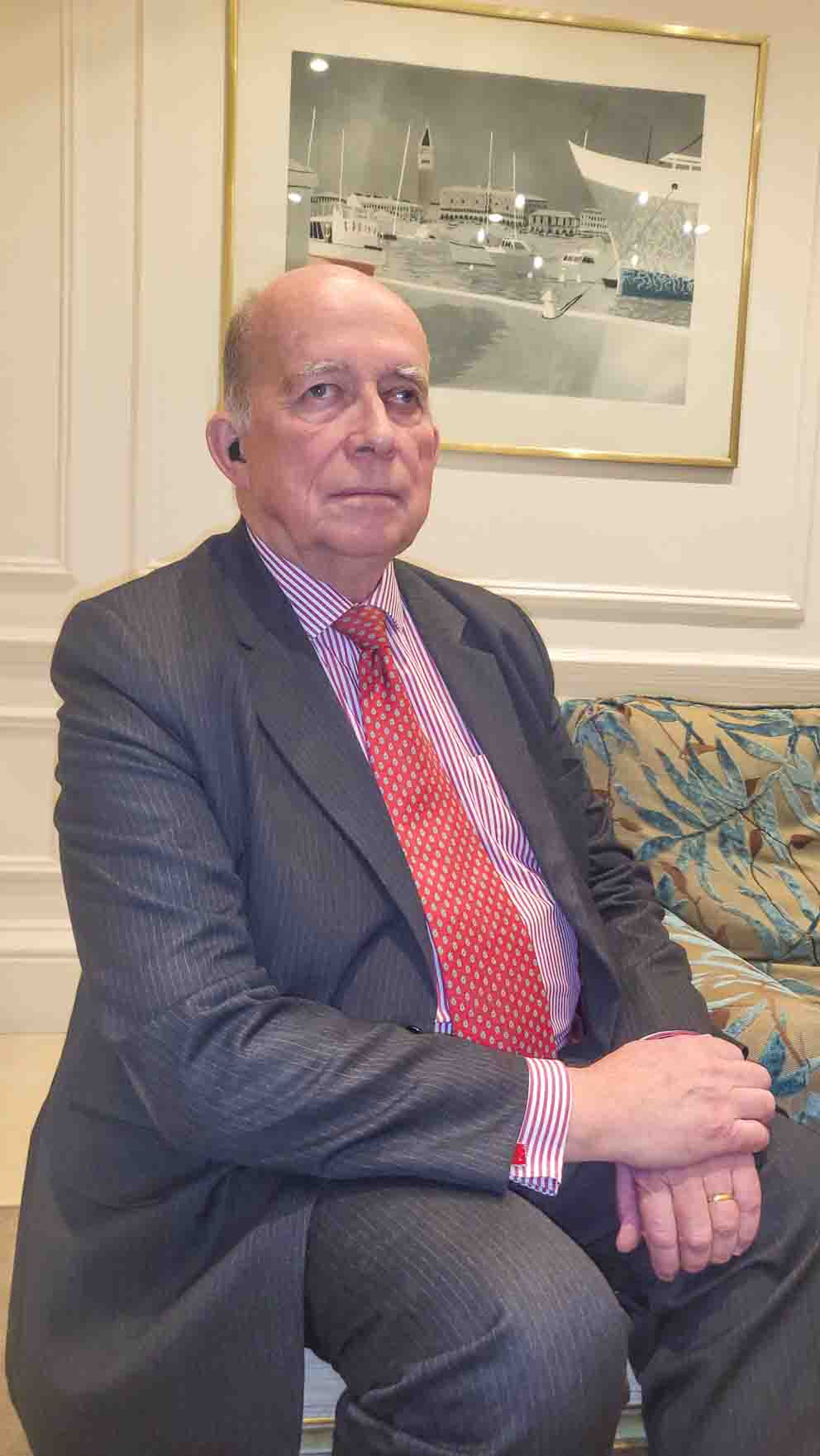Spotlight on PayAlly’s Finance Director, Robert Ford. He speaks of how he found fulfilment in his work, sharing important leadership lessons he gained along the way.
Robert began his career, training to become a chartered accountant, in Colchester. Upon finishing his studies, he moved to London to join de Paula, Turner, Lake & Co. Founded in 1913, the prestigious firm had five partners and around 30 staff. He worked as a manager before being made partner. It was the start of what would become a very successful career in accounting that would take him all around the world.
Below, he shares his most important leadership lessons for financial service providers:
- Take a Genuine Interest
Recalling his time at de Paula, Turner, Lake & Co, he states, “Probably my best and most valued compliment from one of my audit clients was that, apparently, I was the only person in the firm that showed an interest in the client’s business rather than just the audit. That is an important lesson Robert learned early in his career. This lesson would prove useful with PayAlly. In 2019, he joined initially as a consultant before becoming Non-Exec. Chairman. He got more involved in day-to-day work. He is very much encouraged by the way PayAlly works, explaining, “We take an interest in the client and what they need.”
- Life Abroad

Following mergers in 1984 and 1986, de Paula, Turner, Lake & Co changed its name to Littlejohn Frazer. Robert left shortly after, having enjoyed nearly two decades with the firm. His career would take him all over the world, helping companies in different industries, including telecoms, banking and automotive. He shares, “Moving to another country, with a completely different culture and attitude to things, was a real eye-opener.” It allowed Robert to see doing business in the UK through a different lens.
- Find Fulfillment
Robert is not “someone devoted to preparing accounts”. This side of accounting doesn’t appeal to him. He explains, “It’s fixing things that I find interesting.” He adds, “It’s what the accounts tell you that is important.” It’s the challenge of sorting things out that he enjoys most.
Robert finds fulfilment in working with people. He notes, “All of my life, my career has been working with people, selling their time as we do with PayAlly. Our staff is the company’s main asset.” The only time he was involved in a business that produced goods was the time he spent in St. Petersburg, helping build fibre optics and digital exchanges in and around the city.
- Keep Calm
Later, Robert became involved in the automotive industry. He explains, “To cut a long story short, I met up, at a Geneva motor show, with a husband and wife team who were running a third-generation automotive design company.” The firm’s grandson and his partner were facing some challenges. Robert helped restore the health of the company, making it profitable again. Remaining calm was essential during his time there. He notes it’s important for leaders to “look through emotion”.
While emotions inevitably run high with a family business, Robert looked past feelings to identify opportunities for growth. He recalls, “We did a version of the two-seater BMW; two years ago, it was all over the internet. The company also did versions of Aston Martins and Lamborghinis, which became collector items. These limited designs became sought-after collector’s items, valued upwards from £500,000.
- Listen to Different Perspectives
Robert’s biggest lesson is the importance of listening. He advises, “You need to understand people. Each member of staff has two sides, the office side and the personal side. Sometimes, one or the other starts to take over. If they have problems at work, it can affect their home life. If they are pressured at work, it can create problems at home.” He adds, “leaders need to see things from not only their side but their team’s perspective.” Whilst not everyone will agree, it is important to take the time to understand other’s points of view.
He shares that PayAlly’s co-founder Rafal Andzejevski will always listen to what he is saying. However, he won’t always agree. He explains, “I think that sort of relationship makes it worthwhile”.
- Deliver a Superior Service
Robert’s other lesson to share is the importance of giving client a superior service. He recalls, in the past, when he met with his bank manager, he could talk to people in the bank that truly understood banking. He explains, “Now if you go to a high street branch and start asking technical questions, they are often lost. You end up talking to a computer.” PayAlly wants to move away from this model. He explains, “We scream from the rooftops that we are not a FinTech. While it uses financial technology to do the work, it does not position itself as a FinTech company. Rather, it takes finance as its core and wrap it all around with personal service. PayAlly provides a superior service to clients who truly value expertise and experience above automated chatbots.
PayAlly offers a specialist cross-border payment service that fills the gap between banks and other financial services providers. We offer flexibility with the right tools for greater convenience.







